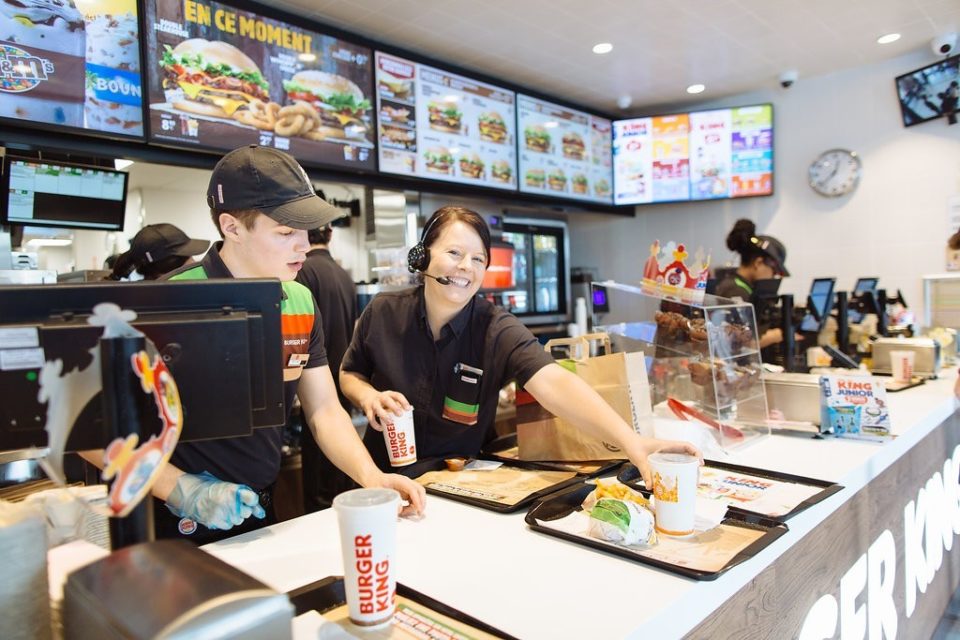The biggest audience companies play to these days is their employees, not their customers. Certainly, customers matter. But employees matter more. Customer-centricity is subordinate to employee-centricity.
For example, word-of-mouth super-guru Ed Keller recently reported research showing that only friends/family and online reviews rank above employees for advice about what to buy, and this influence is disproportionate. Keller cited other research that employee advocacy converts leads seven times more frequently and that employee content gets eight times more engagement.
No less important is the impact of employees on management. In the U.S., condemnation of the 2021 Georgia voting rights legislation from Delta Air Lines CEO Ed Bastian was forthcoming after pressure not just from community leaders but also from Delta employees. In the wake of the Dobbs decision on abortion, many companies have announced financial support for employees who must travel for abortion access, including Starbucks, Tesla, Yelp, Airbnb, Microsoft, Netflix, Patagonia, DoorDash, JPMorgan Chase, Levi Strauss, PayPal, Reddit. Disney, Meta, Dick’s Sporting Goods, Warner Brothers, Bank of America, Intuit, Zillow, Salesforce, Lyft, Uber, Buzzfeed, H&M, Vox Media, Adobe, Google and Condé Nast. Companies like Patagonia and Live Nation will provide bail for employees arrested while protesting. Others like Meta have reiterated policies against discussing sensitive issues internally to ensure a safe space at work.
The biggest impact of employees is on corporate purpose. Surveys have found growing numbers of people making career decisions based on the consonance of their personal values with those of their employer, especially sustainability and DEI. This has drawn companies ever closer to politics, which has sparked a countertrend called the ‘mission protocol’ or the idea that companies should focus only on their commercial mission. Whether purpose is embraced or spurned, though, employees are controlling the agenda.
If purpose were a matter of customers, it is doubtful that many companies would make it a priority. Consumers rarely buy on purpose alone, values notwithstanding. The recent spat about whether Unilever has been sacrificing profits for purpose illustrates this conundrum. Consumer demand is one small factor among many, including investors and cost efficiencies, driving the surge in purpose. And employees are a bigger factor. To win the war for talent, companies have learned it is critical to put social values and stakeholder responsibility at the heart of their businesses.
A supportive and nurturing environment for employees is not only the right thing to do. It is the only way to do business. Absent satisfied employees, there are no satisfied customers and thus no business at all.
Contributed to Branding Strategy Insider By: Walker Smith, Chief Knowledge Officer, Brand & Marketing at Kantar
The Blake Project Can Help: Please email us for more about our purpose, mission, vision and values and brand culture workshops.
Branding Strategy Insider is a service of The Blake Project: A strategic brand consultancy specializing in Brand Research, Brand Strategy, Brand Growth and Brand Education




